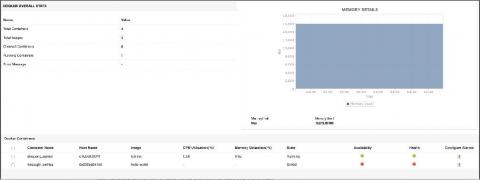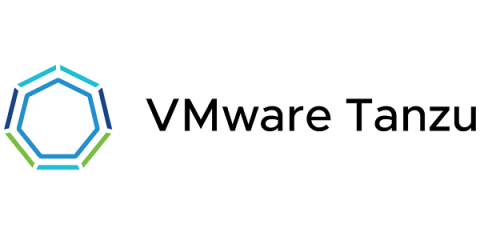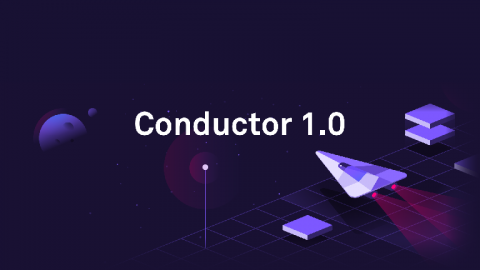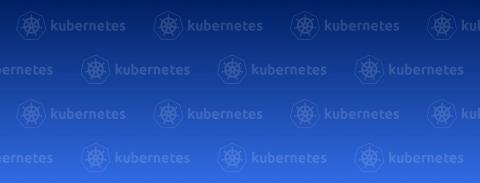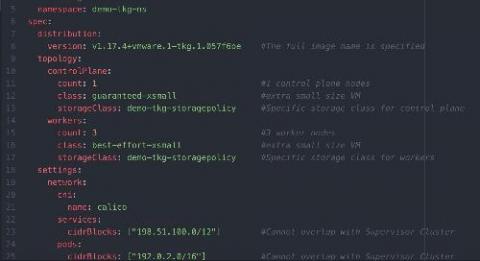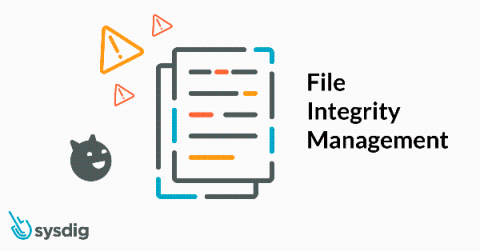Kubernetes for startups: What not to do (yet)
As a fast-moving startup, you don’t have the luxury of spending days figuring out exactly what you need in a Kubernetes cluster. We’ve been there. To help out, we wrote a whole ebook on the blueprint we followed as we built and deployed our own web app in Kubernetes.



